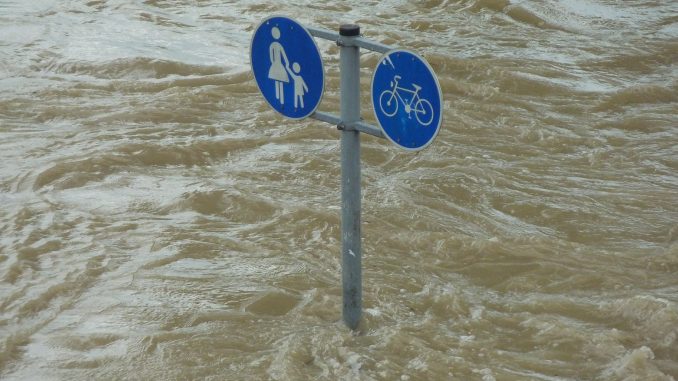
Climate change refers to global warming caused by the increased amount of carbon dioxide, methane and other greenhouse gases in the atmosphere. The most significant greenhouse gas is carbon dioxide. Carbon dioxide arises especially when burning coal, oil and natural gas. In the metropolitan region, greenhouse gases arise most from heating, electricity consumption and traffic.
The earth’s atmosphere works much like a glass roof on a greenhouse – it heats. Like a glass roof, the greenhouse gases release the sun’s rays into the earth. However, they do not emit all the heat radiation reflected from the earth back into space.
At the moment, the amount of greenhouse gases in the atmosphere is increasing sharply, which leads to an increasing part of the sun’s heat radiation remaining, which heats the earth. The ability to selectively filter sunlight like the glass roof of a greenhouse – heat radiation enters, but does not emit in the same amount – is called the greenhouse effect. Climate change is due to the increased greenhouse effect.
The earth’s average temperature has risen by almost a degree for over a hundred years, and the consequences are already visible. As a result of climate change, the sea surface rises, the rainfall and floods increase, and elsewhere in the world, periods of drought are becoming more common. The risks are increasing as the climate warms up. It is becoming increasingly difficult to access drinking water and to produce food, and the diversity of nature is threatened. Cities are becoming increasingly vulnerable to extreme natural phenomena.
We can curb climate change
It is not possible to completely prevent climate change anymore. We must adapt to the warming of the earth and its consequences. However, it is possible to curb climate change. The most important method to curb climate change is to reduce fossil fuel consumption and protect carbon sinks, such as forests. An important way to reduce emissions is to save energy and to use it efficiently, as well as to produce energy with renewable, emission-free methods.
Each can through their own consumption affect their own greenhouse gas emissions. Emissions from traffic can be reduced by using public transport, a bicycle or by walking to work or the shop.
Even by thinking about what you eat you can influence the amount of emissions. For example, you can reduce your beef consumption and ensure that food is not unnecessarily thrown away. Individual climate measures that have the greatest impact are reducing air travel and reducing energy consumption within the accommodation.
Stopping climate change requires everyone to make an effort.
Leave a Reply